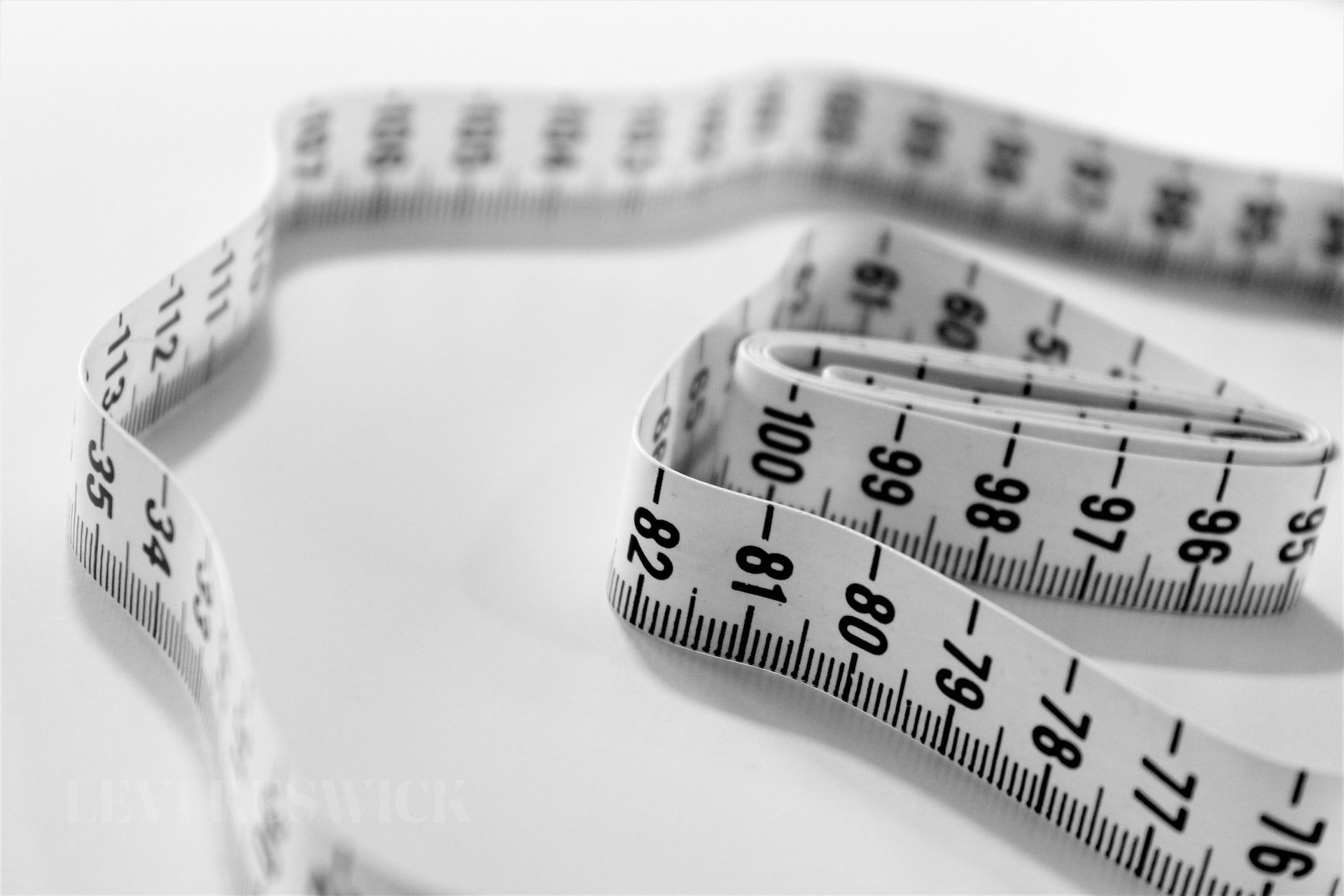Losing weight is a common New Year’s resolution, but it’s one that is often difficult to stick to. It can be hard to make the necessary lifestyle changes, and even harder to see results. But what most people don’t realize is that once you start seeing results, your body will go through some changes. In this blog post, we will explore how your body changes after losing weight. From increased energy levels to better sleep and more, read on to learn about all the positive ways your body will change when you reach your goals.

What happens to fat cells?
When you lose weight, your body responds by breaking down fat cells and using them for energy. This process is known as lipolysis. Once the fat cells are broken down, they are absorbed into the bloodstream and used for energy by the body’s cells.
Lipolysis is a natural process that occurs when your body needs to use stored energy (fat) for fuel. It usually happens during times of fasting, exercise, or calorie restriction. When lipolysis occurs, your body releases free fatty acids into the bloodstream. The free fatty acids are then taken up by the body’s cells and used for energy.
Lipolysis is a normal and healthy process that helps your body function properly. However, if too much fat is broken down at once, it can lead to side effects like dizziness, headache, nausea, and fatigue.
What happens to your skin?
Your skin is the largest organ in your body, and it plays an important role in regulating your body temperature and protecting you from infection. When you lose weight, your skin may become loose and saggy. You may also develop stretch marks or cellulite. In order to keep your skin healthy, it is important to eat a balanced diet and drink plenty of water. You should also avoid sun exposure and use sunscreen when outdoors. If you are concerned about the appearance of your skin after weight loss, talk to your doctor or dermatologist about ways to improve its appearance.
You can even look for procedures that can help to improve the look of your skin, such as laser treatments or microdermabrasion. If you live in Texas, for example, simply look for a tummy tuck in San Antonio, or whatever other procedure you’re interested in. Plus, there are always topical treatments that can help to improve the appearance of your skin, such as creams or lotions.
How does metabolism change?
Losing weight can lead to a decrease in the rate of your metabolism. This happens because when you lose weight, your body has less mass to burn calories. In order to lose one pound of weight, you need to create a 3,500-calorie deficit. This can be done by reducing your calorie intake, increasing your physical activity, or a combination of both. Over time, your body will adapt to the new level of calorie expenditure and your metabolism will slow down.
For additional support in your weight loss journey, you might consider products like Sumatra Slim Belly Tonic, which claim to support metabolism and fat burning, potentially aiding in achieving weight loss goals.
What other changes occur?
Losing weight can also lead to other changes in your body, including:
-Reduced inflammation
-Improved blood sugar control
-Lower blood pressure
-Reduced risk of heart disease and stroke
-Improved joint health
-Better sleep quality
These are just some of the many benefits that you may experience after losing weight. Losing even a small amount of weight can have a significant impact on your overall health.
How to maintain weight loss
It is not easy to maintain weight loss. In fact, it is much harder to keep the weight off than it is to lose it in the first place. There are a few things that you can do to increase your chances of success:
1. Make sure that you are eating a healthy diet. This means eating plenty of fruits, vegetables, and whole grains, and avoiding processed foods as much as possible.
2. Get regular exercise. Exercise helps to boost your metabolism and keep your body toned.
3. Avoid crash diets or fad diets. These types of diets are not sustainable in the long term and can actually lead to weight gain in the end.
4. Find a support system. It can be helpful to have friends or family who is also trying to lose weight or maintain their weight loss. This way, you can encourage each other and stay on track.

Weight loss can be a great way to improve your health and quality of life, it’s important to remember that your body will go through some changes as you lose weight. These changes are normal and usually nothing to worry about, but it’s always good to be prepared for them. With a little knowledge of how your body changes after weight loss, you can make the process even easier and more enjoyable.










